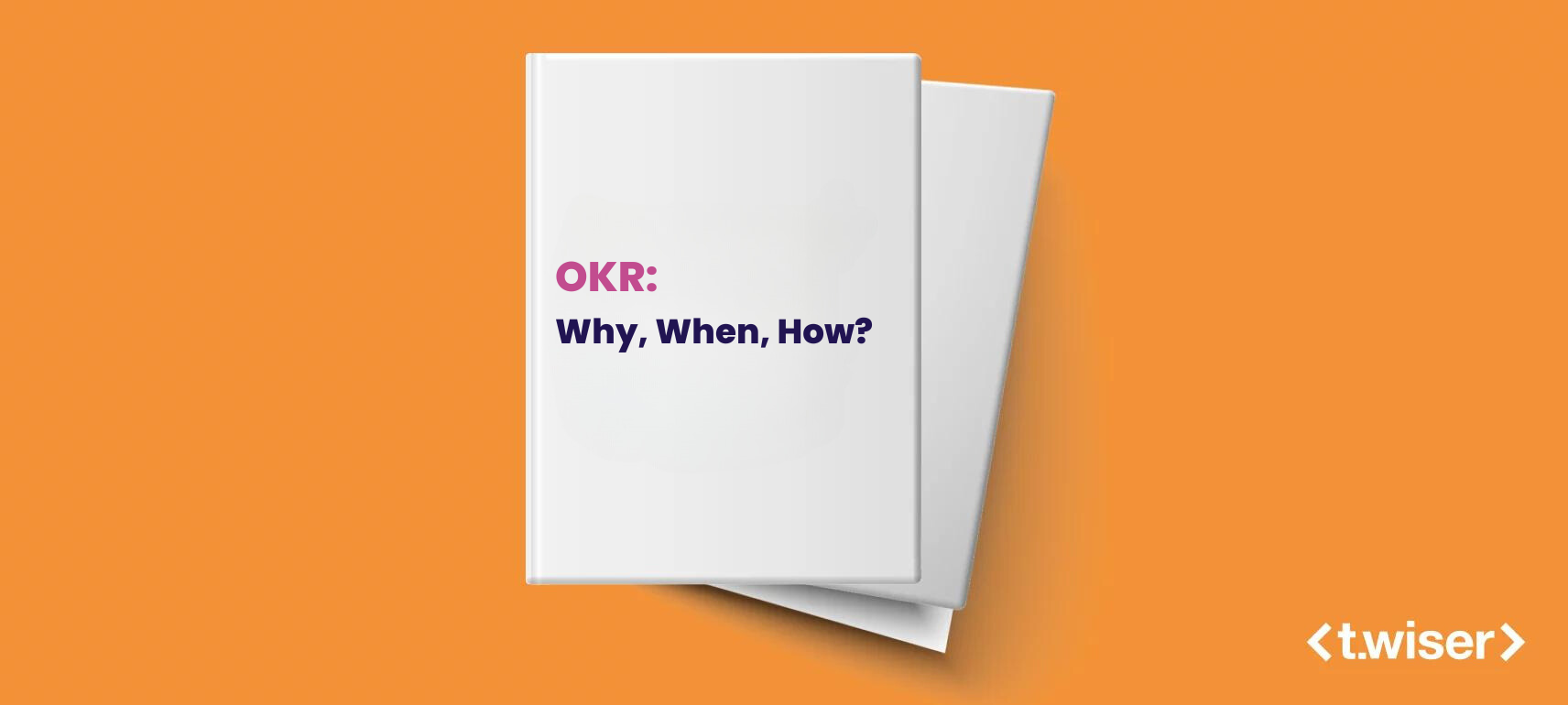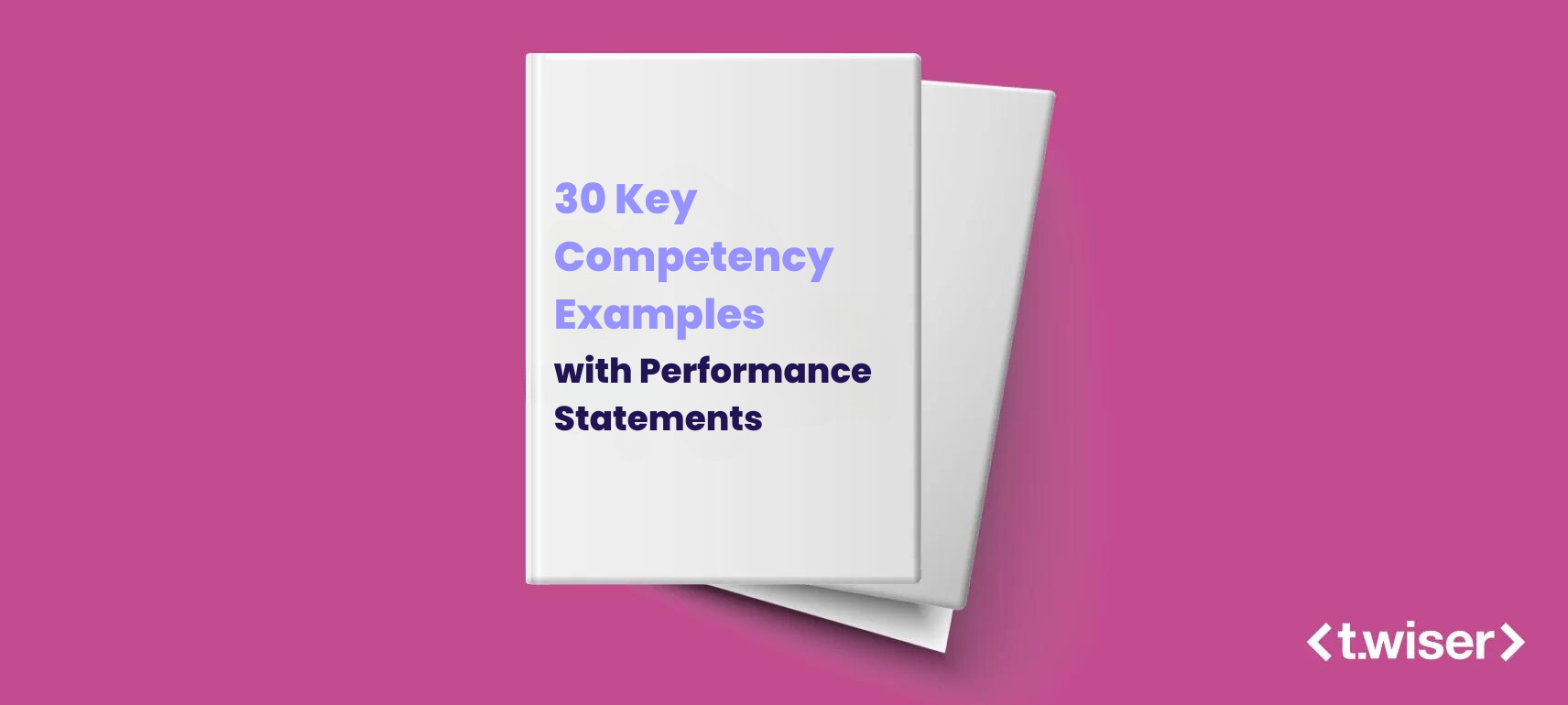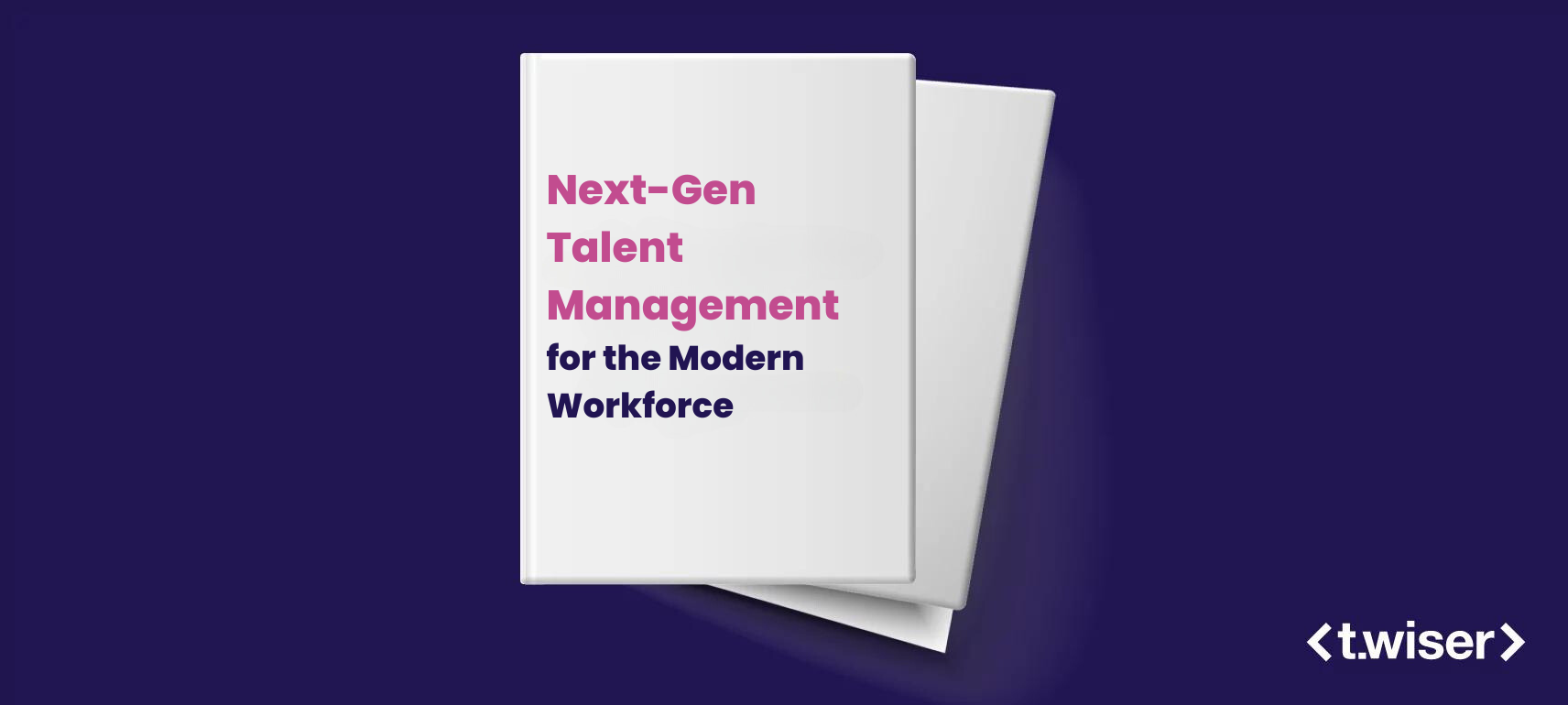Without a doubt, the global epidemic will have an ever-lasting effect on our companies. Performance management methods are a prime example of this, as businesses explore new ways to engage and connect with their remote employees. Companies were learning that high-stakes, infrequent feedback was not helping their operations even before the pandemic. There are fewer organizations today that have this one-time siloed event because of the shift to remote work. Instead, there is a greater emphasis on an agile process where perspectives, feedback, and goals are shared frequently. It’s ok if those goals need to be reevaluated to meet the constantly shifting demands COVID brings us.
Performance Management systems are rapidly adapting to the requirements of changing business models and changing employee expectations. Every organization has a performance management system. However, managers and employees do not always find it very useful. Because it evokes mixed feelings among employees.
As a result, both managers and employees feel that performance reviews are too subjective. The lack of motivation and conviction surrounding this process can affect an appraisal’s ability to improve employee performance. Performance appraisals can have a negative effect on employees, as they may be concerned about compensation, the details of the rating system, and feedback.
What about the future of performance reviews?
Managers will no longer manage performance according to Gallup.
Managers’ attention will shift away from performance management conversations and toward supporting employee career pathing and development as technology adoption rises and employees become more engaged in managing their performance daily.
Managers will need the tools to develop talent, deal with difficult work situations, and assist employees in deciding on their upcoming projects and skill sets, according to HR leaders.
Big companies are making changes. Soon smaller companies will follow. New patterns of performance management are starting to emerge:
- Large-sized companies are testing new ideas that provide continuous feedback and coaching to their employees.
- The nature of some companies is such that their goals can change quite quickly. Such companies cannot measure the performance of their employees against annual goals.
- Companies are collecting more objective performance data through systems that automate real-time analytics.
- Better data is driving a shift in emphasis from reflective appraisals to fact-based performance and development discussions that occur as often and as needed, rather than annual events.
Research and surveys show that there is no need to reinvent the wheel when it comes to new performance management systems. The key is to conduct performance appraisals in a way that improves individual and team performance in alignment with organizational goals and priorities, employee experience, and business outcomes.
What does Twiser offer you with its New-Gen Performance Management System?
With the OKR module, you ensure that company and employee goals are aligned, and progress is followed transparently.
With Dashboard, you can manage the entire company from a single screen and take quick action.
With the Performance and Calibration module, you can increase performance and motivation with a fair and transparent evaluation based on data.
With the Competency module, you can support the development of your employees and get everyone involved with its easy use.
With the One-on-one meetings module, you can strengthen the communication between managers and employees and ensure that goals are being achieved by creating a supportive environment.
With the Feedback module, you can create a mutual feedback culture and strengthen communication.



















